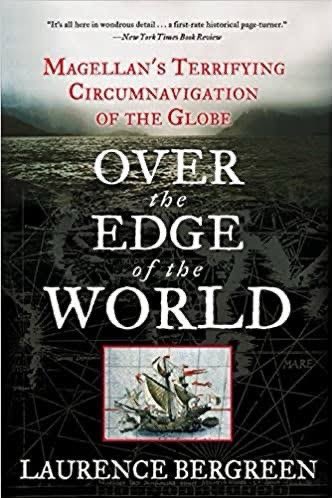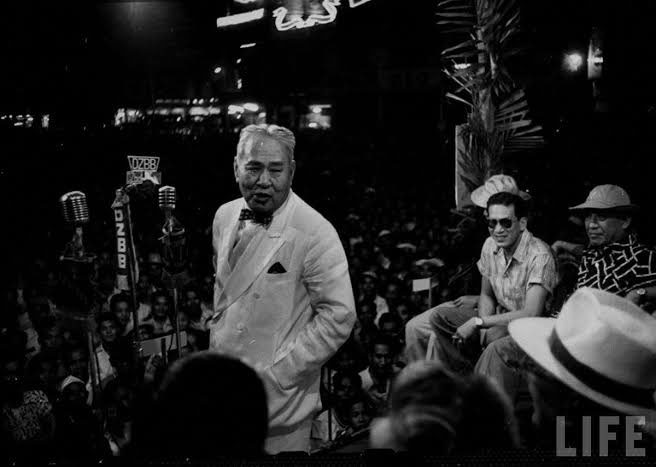
If you’ve got, somehow, some extra cash in this Quadricentennial period, here are some books I personally found interesting and helpful in looking at the era of Spanish exploration and the impact of the Spanish conquest. (A thread) 

1. Title says it all: we had chiefdoms and what they spent their time doing. Explores what archeology and such has to tell us about how our societies were organized and related to each other. 

2. The conquest of Americas was assisted by introduction of germs + diseases unknown to indigenous populations. Formerly it was thought that didn’t happen here; recent research suggests otherwise. To the violence of conquest and the campaign of conversion must be added diseases. 



3. Conversion+compulsion=conquest but also, adaptation, cooptation, endurance. What parts of our society are truly ancient? Books like this by revealing the period of conquest helps answer the question. 

4. A good read and particularly interesting in giving a peek into why the expedition came here and the power vacuum that existed because as the West pushed to the East, China was withdrawing into itself. Somehow “Cebuans” and not “Cebuanos” doesn’t read right, tho. 

I am excited to read this; you can find his video mini lectures on YouTube, theyre very interesting. He went back to the existing sources to see what they have to tell us centuries later. 

And books like this which I hope to be able to read one day reminds us much remains to discover and think about, including how other colonies were affected by us, often against the will of individuals involved. 

Finally there is the point of view for whom Spain left an indelible mark not just of conquest but of culture, faith, and even genetics: Nick Joaquin remains the most accessible exponent of this point of view. 

• • •
Missing some Tweet in this thread? You can try to
force a refresh








